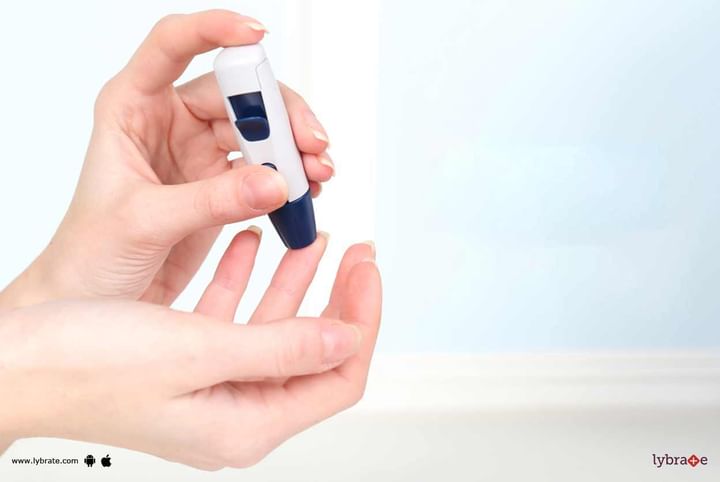Diabetic Nephropathy - Know More About It!
What is Diabetic Nephropathy?
Diabetic nephropathy (Diabetic Kidney Disease) is defined as the progressive damage to the kidneys caused by diabetes. It is characterised by the scarring of the glomeruli in the kidneys due to prolonged diabetes mellitus.
What Causes Diabetic Nephropathy?
Diabetes is a condition characterized by high concentration of blood sugar. Although the cause of Diabetes Nephropathy is not yet well defined, it is likely that the high sugar levels in the blood damage the blood vessels present in the kidneys that help to filter waste products, thus resulting in decreased kidney function and ultimately, kidney failure.
Not everyone with diabetes suffers from diabetic nephropathy. Although, factors that can increase your chances of getting diabetic neuropathy are-
-
Poor control of blood glucose
-
History of kidney diseases
What are the symptoms of diabetic nephropathy?
In the early stages, there may be no symptoms at all, but as the disease progresses, you may notice swelling in the extremities like your feet. Thus it is recommended to get your blood albumin levels tested on a regular basis. If it is diagnosed in the early stages, the damage can be reversed. Other symptoms that can indicate damage to the kidneys are-
-
Severe malaise
-
Lack of appetite
-
Frequent voiding
-
Itchiness of skin
-
General feeling of illness
Diagnostic tests that can confirm diabetic nephropathy are-
Routine urine test (urinalysis) - Kidney diseases are detected by the presence of a protein in the urine called albumin and this condition is called albuminuria. Other parameters that must be regularly monitored are-
-
Blood pressure
-
Cholesterol levels in your blood
How can you treat/ manage diabetic nephropathy?
If this type of nephropathy is diagnosed in the early stages, the damage to the kidneys can be reversible. The key to managing diabetic nephropathy are-
-
Diet: Reduce the dietary intake of salt, phosphorous and potassium in the advanced stages.
-
Glycemic Control: Monitor your blood glucose levels regularly
-
Management of Hypertension: It is important to manage your blood pressure as it can have a direct effect on the coronary blood vessels which in turn pump blood to the various blood vessels of the body
-
Renal Replacement Therapy: In chronically ill patients, renal replacement therapy is the best option. This can include haemodialysis (a procedure to flush out toxins from the blood, such as urea), peritoneal dialysis or ultimately renal transplantation.



+1.svg)
